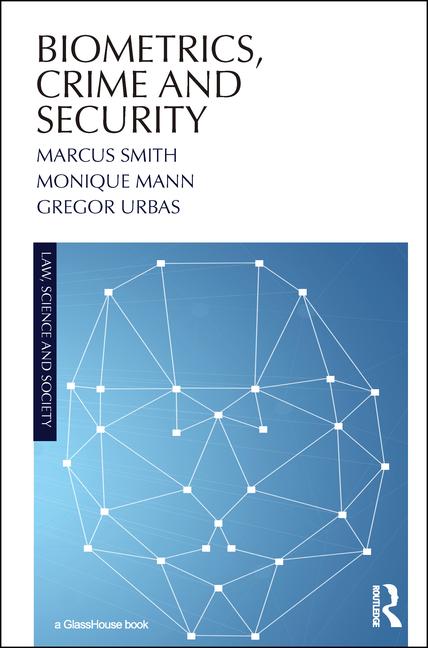Before you enter into a binding purchase agreement and close the deal with the prospective buyer, word leaks out that you’re contemplating the sale of your business. Your stock value drops. Your employees depart. Your buyer decides not to buy! So, why did you execute that confidentiality agreement in the first place? Can you recover damages from the party who breached its terms?
The answer will likely be determined by the language you have used in your confidentiality agreement. A carefully drafted confidentiality agreement can avoid the forfeiture of valuable rights.
Why execute a confidentiality agreement?
Within the context of a purchase and sale transaction, a well drafted confidentiality agreement serves three primary purposes: (1) it extends state law protections for trade secrets to confidential information; (2) it delineates and clarifies the duties and obligations of the party to be bound by the terms of the agreement: typically the buyer and its representatives; and (3) it serves to demonstrate that the seller has taken proper steps to protect its confidential information.
Can you recover for a beach? Assuming that the parties have, in fact, executed a confidentiality agreement, the court, in a breach of contract action, will need to interpret the contract terms in order to determine whether or not the terms have been breached by the disclosing party. The court’s analysis will vary from state-to-state depending on applicable state law. For example, in Crane Co. v. Coltec Industries Inc. and the B.F. Goodrich Company (1999), the U.S. Court of Appeals for the Second Circuit analyzed the terms of a confidentiality agreement executed in anticipation of a merger. Crane alleged, among other things, that Coltec Industries Inc. breached the agreement when it engaged in undisclosed merger negotiations with B. F. Goodrich. The Court denied Crane’s claim, explaining that under New York law, a Court must look to the plain meaning of the language used in the agreement in order to determine the intent of the parties and the scope of the agreement. In this instance, the express language of the confidentiality agreement simply did not support Crane’s contentions.
As the Crane case illustrates, the language of your confidentiality agreement will determine whether or not it is worth the paper that it is printed on. A carefully drafted confidentiality agreement can protect the parties from disclosure of confidential information and may result in a judgment against the disclosing party for injunctive and monetary damages. Parties frequently utilize form confidentiality agreements without giving careful thought to whether the form is well suited for the transaction at hand which, unfortunately, can result in a denial of claims, as in Crane.
It is also important to note that in addition to a breach of contract claim, there are several other legal theories that a party like Crane can advance to recover damages in such situation, including, intentional interference with a prospective business advantage, misappropriation of trade secrets, breach of fiduciary duty, and conspiracy to injure business. You should consult an attorney to discuss the facts of your particular circumstances and to assist you in drafting a confidentiality agreement well suited for your particular transaction.


